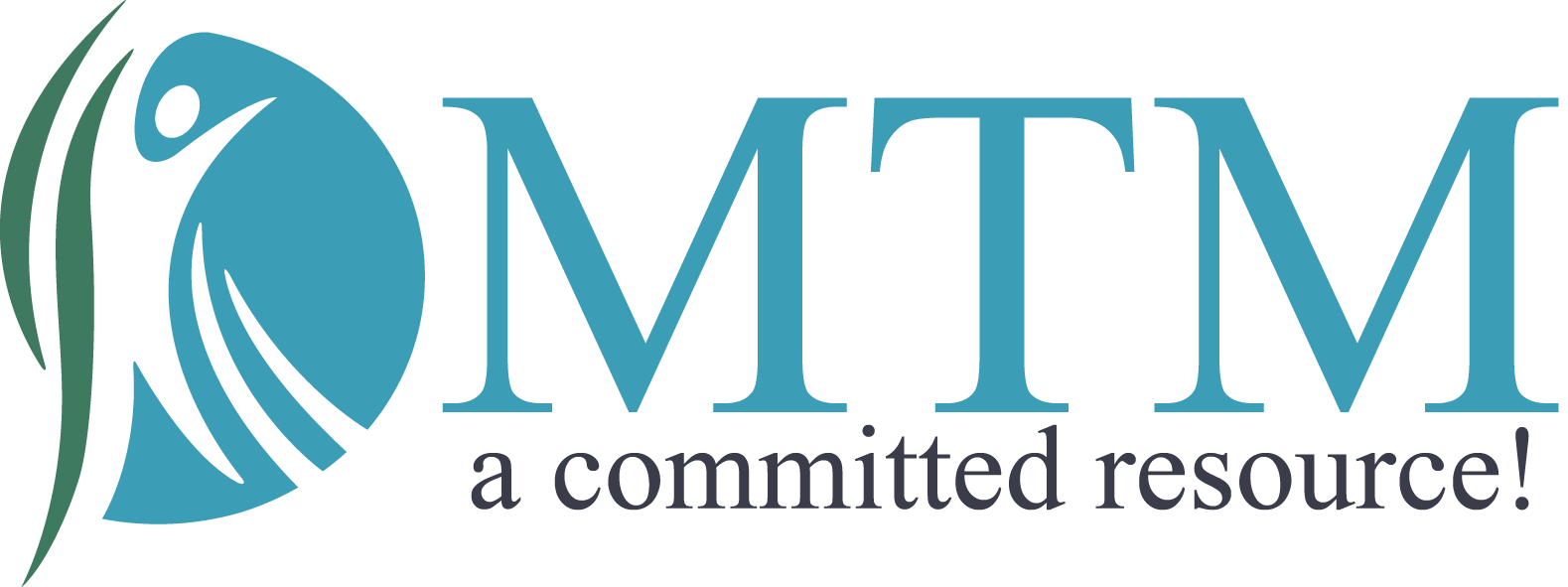Overcoming Common Pain Points in Workers Compensation Billing
Addressing the Challenges that Hinder Healthcare Providers
Healthcare providers face numerous challenges when it comes to workers compensation billing. These issues not only impact financial stability but also consume valuable administrative resources. Understanding and addressing these common pain points can significantly improve the efficiency and profitability of your practice. This blog highlights the primary challenges in workers compensation billing and offers insights into overcoming them.
1. Lack of Bill Tracking
One of the most significant challenges providers face is the inability to track the status of submitted bills. Without a robust tracking system, it becomes difficult to monitor the progress of claims, leading to delays and potential denials. Providers often find themselves in a reactive mode, waiting for responses from insurers rather than proactively managing their billing processes.
Solution:
Implementing an advanced electronic billing (e-billing) system can provide real-time tracking of claims, allowing providers to monitor the status of each bill from submission to payment. This visibility enables proactive follow-up on unpaid claims and helps identify and resolve issues promptly.
2. Delayed Payments and Denials
Delayed payments and denials, even for pre-authorized services, are a common issue. Providers frequently receive Explanations of Review (EORs) that deny or modify charges, citing various reasons such as Medical Unlikely Edits (MUEs) or missing documentation. This not only delays reimbursement but also requires additional administrative efforts to resolve.
Solution:
To mitigate these issues, providers should ensure accurate and complete documentation when submitting claims. Additionally, understanding the specific requirements of insurers and using appropriate billing codes and modifiers can reduce the likelihood of denials. For instance, when billing for CPT 97750, providers should be aware that the maximum number of billable units is eight per day, as exceeding this limit can lead to denials.
3. Improper Medical Provider Network (MPN) Denials
Improper MPN denials occur when claims are denied based on the network status of the provider. These denials can be frustrating, especially when the services provided were necessary and preauthorized.
Solution:
Providers should ensure they are familiar with the MPN requirements and maintain accurate records of network status and pre-authorizations. In cases of improper denials, providers can file appeals and request second reviews to challenge the decisions and secure rightful payments.
4. Inconsistent Payment Practices
Inconsistent payment practices by claims administrators can lead to significant administrative burdens. Providers often find themselves resubmitting already provided documents or dealing with underpayments due to claims administrators’ inefficiencies.
Solution:
Using a reliable billing service or software that automates the submission and resubmission of required documents can alleviate these issues. For example, Medrina Technology Management uses advanced billing systems to ensure that all necessary documentation is submitted correctly the first time, reducing the need for repeated submissions and follow-ups.
5. High Administrative Costs
The administrative burden of managing workers compensation claims can be substantial. Tasks such as data entry, follow-ups, and appeals consume significant time and resources, diverting attention from patient care.
Solution:
Outsourcing billing and collections to a specialized service provider can significantly reduce administrative burdens and costs. By leveraging the expertise and technology of a dedicated billing service, providers can focus on delivering high-quality care while ensuring efficient and accurate claims processing.
6. Compliance with Regulatory Requirements
Staying compliant with ever-changing regulations in workers compensation billing is a daunting task. Providers must ensure that their billing practices adhere to the latest guidelines and standards to avoid penalties and claim denials.
Solution:
Keeping up-to-date with regulatory changes and using billing software that automatically updates with new regulations can help maintain compliance. Regular training and education for billing staff are also crucial in ensuring adherence to current standards.
Conclusion
Addressing the common pain points in workers compensation billing is essential for maintaining the financial health and efficiency of healthcare practices. By implementing advanced e-billing systems, ensuring accurate documentation, staying compliant with regulations, and leveraging specialized billing services, providers can overcome these challenges and focus on providing exceptional care to their patients.
Medrina Technology Management is here to help you navigate these complexities with our expert billing and collection services. Contact us today to learn more about how we can support your practice and improve your billing processes.
Stay updated with the latest insights and news in medical billing services and workers' compensation billing and collections. Enter your email below to subscribe to our blog
Most Recent Articles




